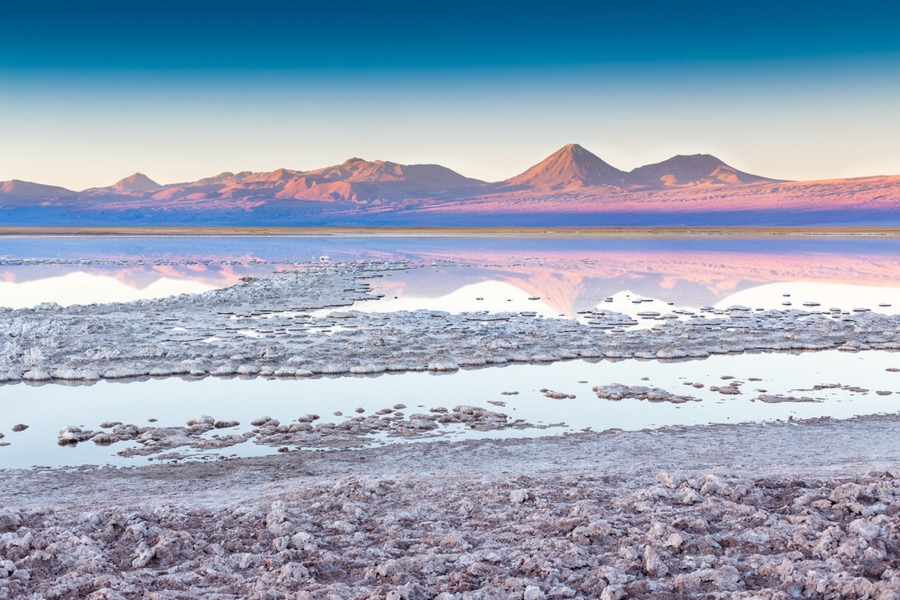Chile to present large lithium investment plan for 2025-2030 this month

Chile’s government will present its long-delayed national lithium policy in April and hopes it will generate significant investment during the second half of the decade, Economy Minister Nicolas Grau said on Tuesday.
Speaking to reporters at a roundtable in Santiago, Grau said the plan deals with “technological transitions we have to make, public institutes that have to be created, the national lithium mining company, what to do in the Atacama salt flats, there are lots of dimensions and that’s why we’ve taken so long.”
The proposed national lithium company, Grau said, is only one of the components of the plan and will require a qualified quorum bill, which could require longer deadlines.
“We believe there are very good reasons to have a national lithium company and we are going to try to convince the opposition,” Grau said, adding that most of the plan’s other aspects could still work without the new company.
The company, which was part of President Gabriel Boric’s campaign promises, would need private capital, the minister said.
Aside from the company, the minister said concrete policy results might not be seen until the end of the current government’s mandate in March 2026.
“If this policy works well, there should be a very ambitious investment process between 2025 and 2030, but these are not short-term things,” Grau said.
One of the plan’s aims is also to promote decentralization, Grau said, “so that other countries feel there’s space for everyone,” adding that it was a main concern they have had considering the metal’s geopolitical importance.
Given current lithium fluctuations, the minister expects a break-even price of about $20,000 per ton, “but there is a lot of uncertainty”.
Chile has one of the world’s largest lithium reserves, but the metal is currently exploited only by Albemarle and SQM.
(By Fabian Andres Cambero and Alexander Villegas)
{{ commodity.name }}
{{ post.title }}
{{ post.date }}




Comments